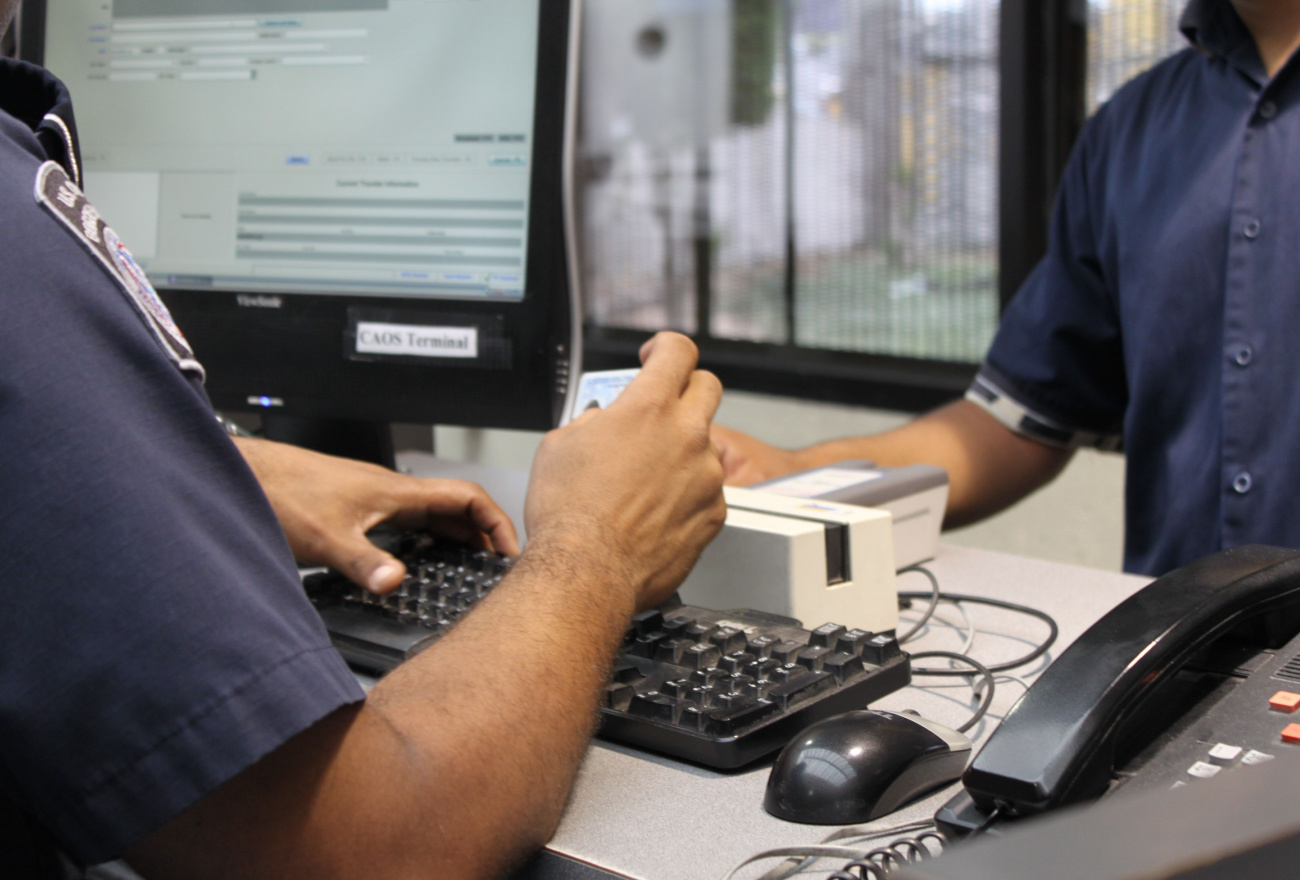
USCIS Updates Parole & Immigration Reform for Cubans, Haitians, Nicaraguans and Venezuelans
The Government of President Joe Biden announced on Thursday, May 17, that it had updated the application for its reception and placement program for migrants from Cuba, Venezuela, Nicaragua and Haiti.
In response to the overwhelming number of requests it has received, it is important to note that this is a temporary program, which grants air permits to 30,000 migrants per month to the United States from those four nations for migrants that have sponsors in the country and could support them financially.
Following the announcement, The Department of Homeland Security stated that it will also expel all migrants who try to arrive by sea.
Also, the Citizenship and Immigration Service (USCIS) cited that it updated the process because of the number of sponsors who filed Form I-134A, an online form request to be a sponsor and their declaration of financial support.
“The number is significantly greater than the 30,000 monthly travel authorizations available,” USCIS said, noting that the goal of this change in the review process “is to maintain a meaningful and equal opportunity for all applicants” to present their case.
With this modification, the entity will select at least 15,000 of the 30,000 monthly applicants who arrive at the office, regardless of their presentation date, to determine which case can be confirmed. The other half of the monthly total will be reviewed based on when the request was submitted, prioritizing older cases, as was done previously.
“We will review the other half of the monthly total of Forms I-134A based on the filing date of the case under a first-in, first-out method that gives priority to older applications for review,” USCIS announced.
Venezuelans were the first to benefit from this program when, in October 2022, the Government of President Joe Biden implemented it. Later, in January 2023, applicants from Cuba, Haiti and Nicaragua joined and the number of applicants that could be accepted was increased.
In April alone, the Customs and Border Protection (CBP) Office recorded 28,738 migrants from these four countries entering US territory. A scenario that occurred just weeks before Title 42 expired, a law that allowed U.S. authorities to expel undocumented migrants from the border, often into Mexico, suspending their legal right to ask for asylum in the United States.
Applicants and sponsors who want to know the progress of their cases can go to the agency’s website.
How the extended humanitarian parole works
The expanded humanitarian parole program was launched in October 2022 for Venezuelan migrants and was later expanded to Cuba, Nicaragua and Haiti. It offers 30,000 permits per country each month to migrants with a sponsor in the United States to travel by plane and obtain residence and work permits for two years.
In contrast, all migrants from those countries who arrived at the border began to be returned expressly without the right to asylum under Title 42. Immigration authorities have not explained how the end of this measure on May 11 will affect parole advanced humanitarian law, saying only that it will remain in force but without explaining if those who do not take advantage of it will be returned at the border without the right to asylum even though Title 42 has already ended.
How the humanitarian parole of Cuba works
The Cuban Family Reunification Parole Program, launched in 2007, allows eligible US citizens and permanent residents to request permission to bring relatives from the island without having to wait for an immigration visa, while it also grants them a work permit in the United States.
It differs from the new advanced parole program in two fundamental ways. On the one hand, it requires the approval of an immigrant visa petition presented by a relative in the United States.
And on the other hand, the parole program for Cuba varies from the new parole in that the former allowed the reception of immigrants even so they had entered the country irregularly, but the new program aims to prevent these illegal entries.
“The new parole is not as broad as the program for Cuba. This is a temporary program so that later they can request political asylum. But it punishes irregular entries,” a USCIS specialist noted.
Why is it important to get legal help?
You do not need to have a lawyer, but the immigration process in the US is complicated. An immigration lawyer can help you file immigration forms and defend you in court. You can get better opportunities with our legal help:
@ In exploring your options and next steps
@ Understand the questions on your application and forms
@ Avoid errors on your application that could get your case denied
@ Submit your application and supporting documents
@ Prepare for any interview
@ Get updates and decisions about your case
@ Appeal a decision
It’s simple, immigrants who have legal assistance (and who are not detained) are more likely to win their cases.

